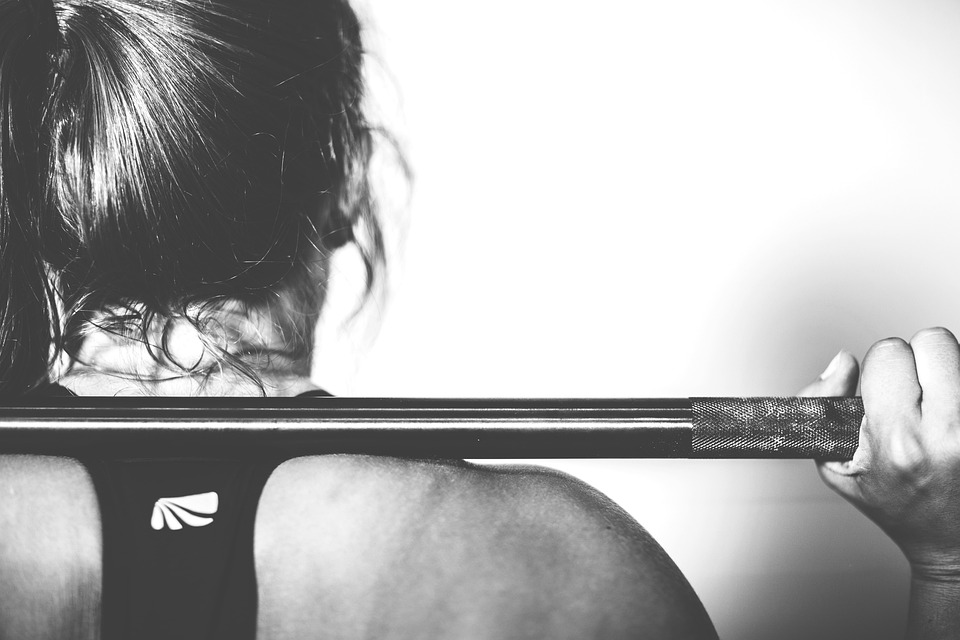The 10 Best Foods for Fueling Your Fitness Goals
As a fitness enthusiast, you know that the quality of your diet plays a crucial role in achieving and maintaining your fitness goals. The right foods can boost your energy levels, speed up your recovery, and support muscle growth andrepair. On the other hand, a poor diet can lead to fatigue, increased risk of injury, and slow progress towards your objectives. In this article, we’ll explore the 10 best foods for fueling your fitness goals.
1. Lean Turkey Breast
High in lean protein and low in calories, lean turkey breast is an excellent choice for any fitness enthusiast. It aids in muscle growth and maintenance, while also providing all the essential amino acids (EAAs) needed to support muscle recovery.
2. Sweet Potatoes
Sweet potatoes are an excellent source of complex carbohydrates, which provide sustained energy for your workouts. Rich in vitamins A and E, they also support heart health and immune function. Bake or boil them up for a delicious and energizing side dish.
3. Wild Salmon
Wild salmon is an antioxidant-rich food that’s chock-full of omega-3 fatty acids. These healthy fats support heart health, reduce inflammation, and aid in muscle recovery after intense workouts.
4. Greek Yogurt
Greek yogurt is an ideal post-workout snack rich in protein, calcium, and probiotics. Help your muscles recover and feel full for longer with Greek yogurt’s sustained release protein.
5. Banana
Bananas are packed with easily digestible carbs, making them an ideal pre-workout snack or post-workout recovery choice. Rich in potassium and vitamins C and B, they also support muscle performance and recovery.
6. Quinoa
A complete protein and rich source of complex carbohydrates, quinoa is an excellent dietary choice for fitness enthusiasts. It supports muscle growth and recovery, while also containing all nine essential amino acids.
7. Edamame
Edamame is a plant-based protein powerhouse that’s easily digestible and rich in vitamins and minerals. Consuming edamame around your workouts can help muscle recovery and support overall athlete health.
8. Avocado
Avocados are rich in heart-healthy monounsaturated fats, which support satiety and reduce calorie intake. They’re also a rich source of Vitamins C and E and potassium, making them a nutritious addition to any athlete’s diet.
9. Spinach
Loaded with antioxidants and essential fatty acids, spinach is a nutrient-dense food that supports overall health and vitality. Rich in iron and calcium, it also support muscle function and recovery.
10. Dark Chocolates
Dark chocolates contain flavonoids and antioxidants that support heart health and improve blood flow during exercise. Rich in omega-3 fatty acids, they also aid in relaxation and recovery after intense exercise.
Incorporate These Foods into Your Routine
To maximize the effects of these foods on your fitness goals, aim to consume them in moderation in the following ways:
- Pre-workout fuel: Eat a balanced mix of complex carbohydrates and a source of protein 45-60 minutes before intense exercise.
- During exercise: Consume fuel-rich foods or drinks regularly during long workouts or in endurance activities.
- Post-workout recovery: Eat a balanced meal 30-60 minutes post-workout to aid recovery and muscle growth.
The key to fueling your fitness goals is to vary your diet and include nutrient-dense foods in various forms. By incorporating the 10 best foods highlighted in this article into your diet, you’ll notice improved energy levels, sustained recovery, and accelerated results towards your fitness objectives.
Remember to always consult a healthcare professional or registered dietician for personalized guidance on fueling your individual fitness goals.



GIPHY App Key not set. Please check settings